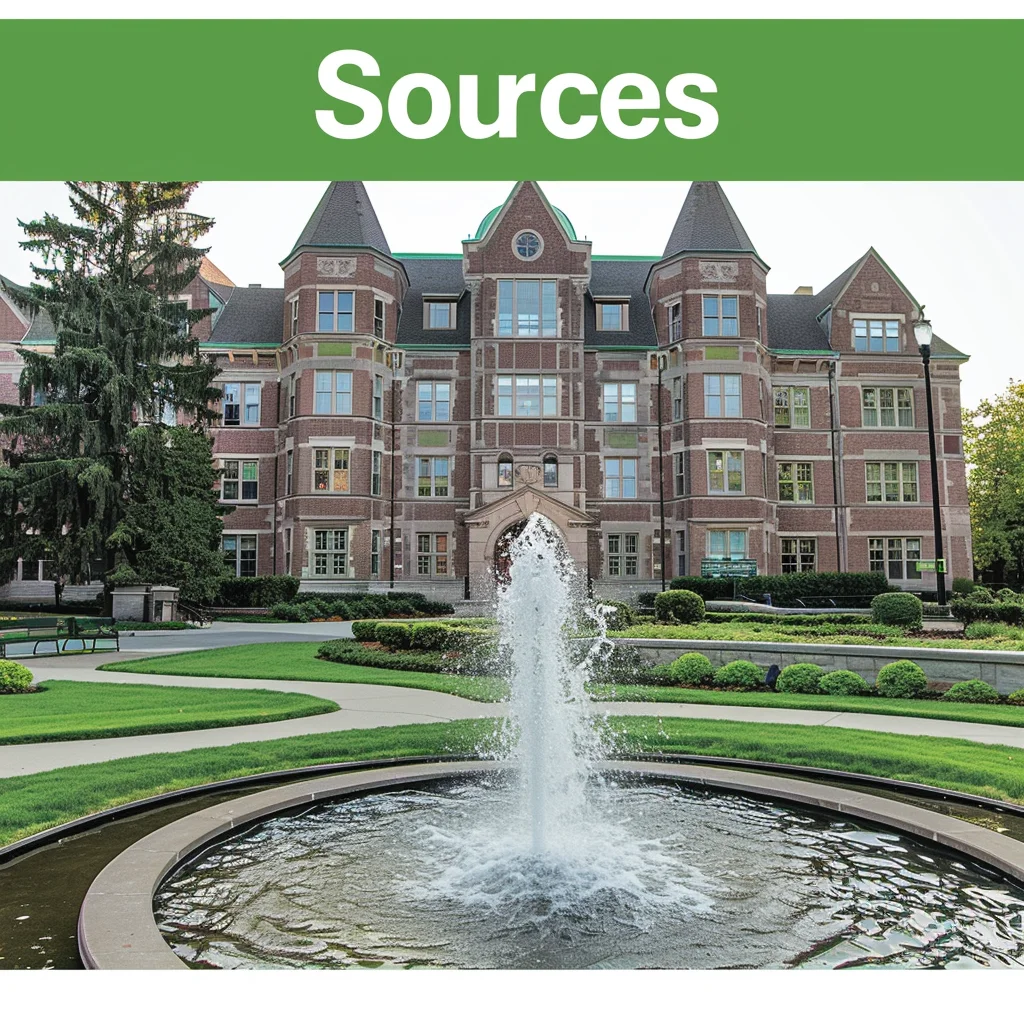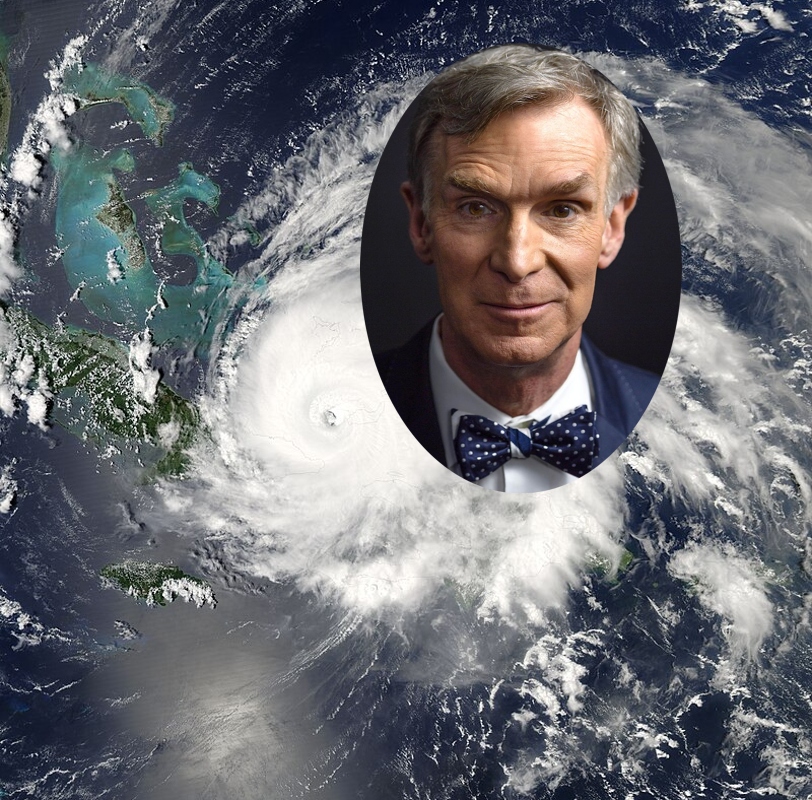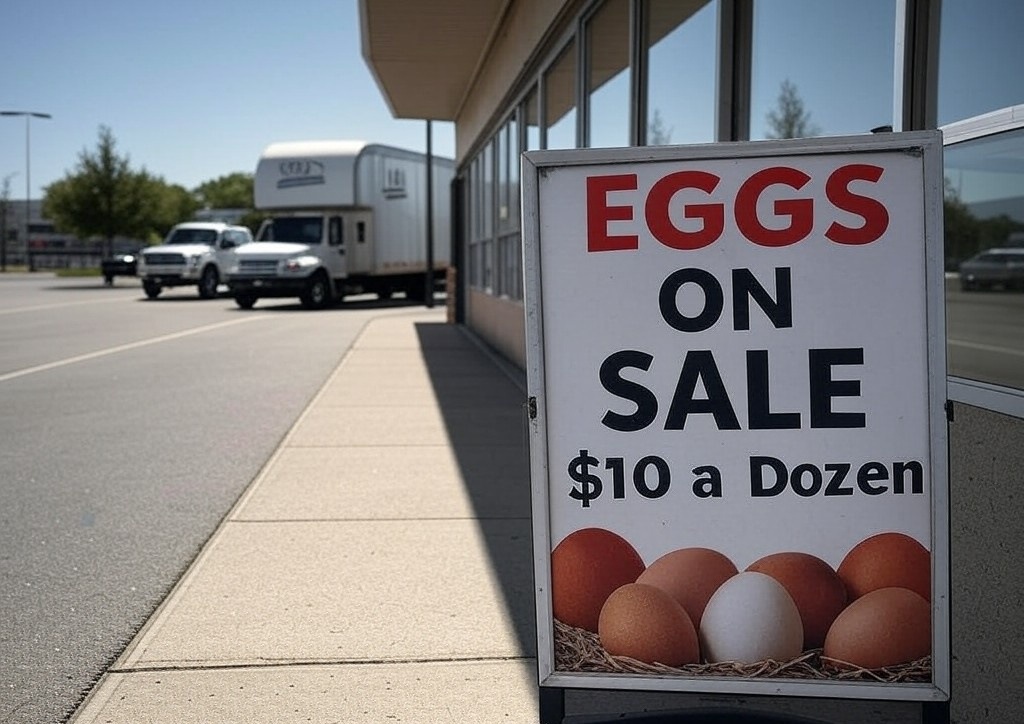In the heart of the American Southwest, states like Texas and Oklahoma grapple with extreme weather conditions that underscore the stark reality of climate change. Despite being on the front lines of climate-induced disasters, many residents in these regions remain skeptical or in outright denial of the scientific consensus on climate change. As Bill Nye aptly once said, ““Proof isn’t even the word – it’s overwhelming evidence. What you’re doing on the other side is you’re suffering from this magical thing called the backfire effect. When you see evidence that conflicts with your worldview, you just double down on denying it.”
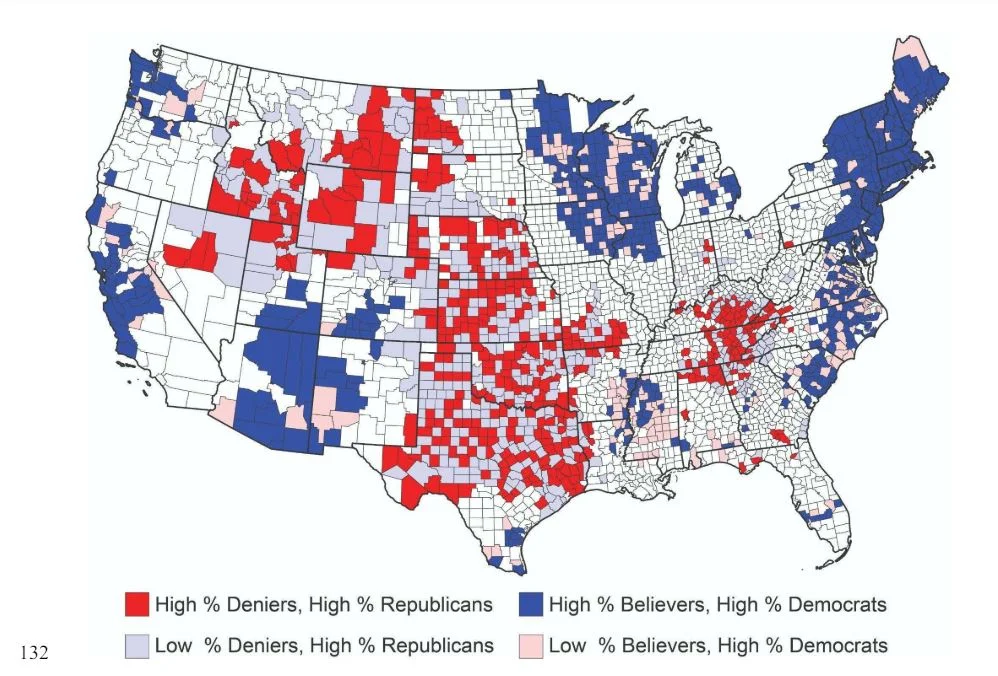
This paradox may be deeply rooted in cognitive dissonance—a psychological phenomenon where individuals experience discomfort when holding contradictory beliefs or when their actions conflict with their knowledge.
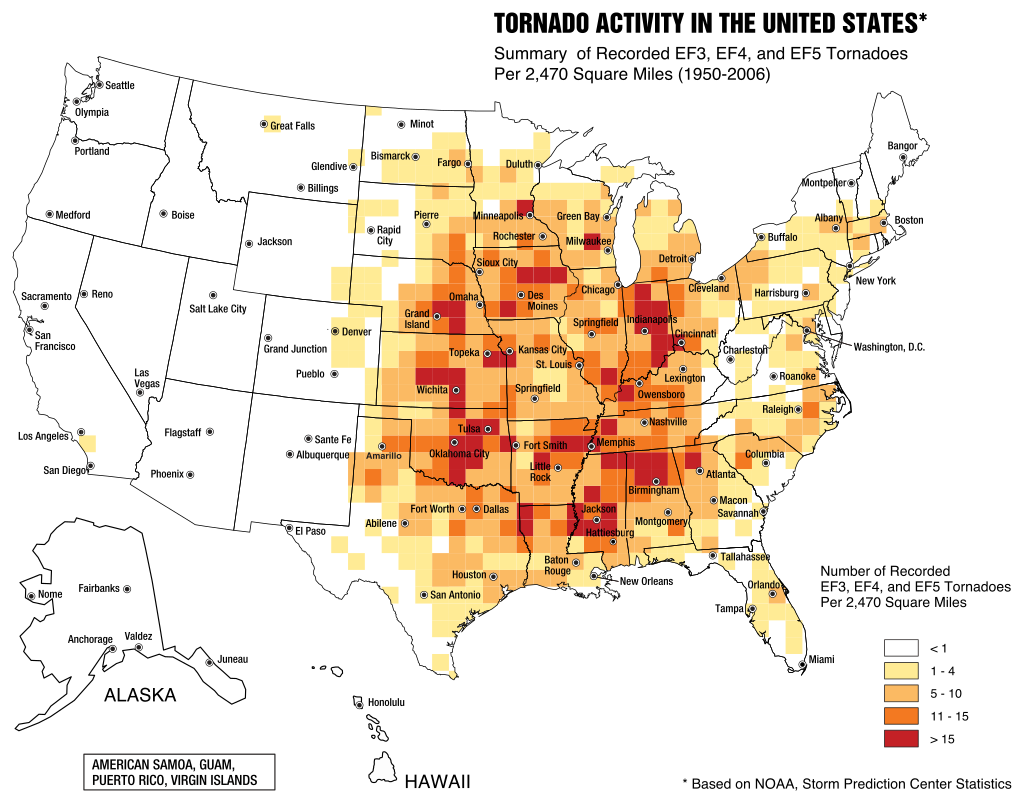
In Texas, the impacts of climate change are undeniable. The state has witnessed record-breaking heatwaves, soft ball sized hail, devastating hurricanes, and severe droughts. Yet, a significant portion of Texans remains resistant to acknowledging climate change. This resistance can be partly attributed to cognitive dissonance. Many residents have a strong connection to industries such as oil and gas, which are critical to the state’s economy but also major contributors to greenhouse gas emissions. Admitting the role of these industries in climate change could threaten their livelihoods and sense of identity, leading to a denial or minimization of climate science.

Oklahoma, often battered by severe weather events like tornadoes and floods, presents a similar case. The state’s economy is heavily reliant on agriculture and energy production, both of which are highly sensitive to climate change. Farmers and energy workers in Oklahoma face a difficult dilemma: accepting climate change means confronting the reality that their way of life is contributing to environmental degradation. This clash between economic survival and environmental responsibility creates cognitive dissonance, making it easier for many to dismiss or downplay the scientific evidence of climate change.
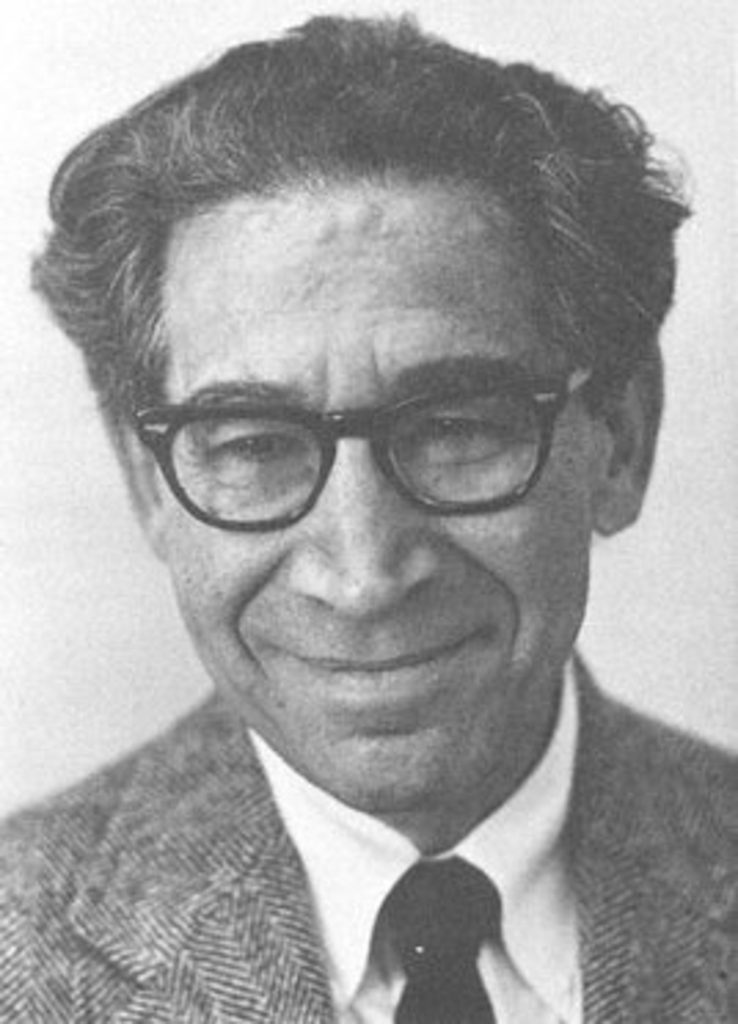
The concept of cognitive dissonance was first introduced by psychologist Leon Festinger in the 1950s. It explains how people strive for internal consistency and how they might reject new information that conflicts with their existing beliefs or behaviors. In the context of climate change, individuals in affected regions may avoid or discredit information that contradicts their economic interests or cultural values. This defensive stance helps them reduce the mental discomfort associated with acknowledging their role in exacerbating climate issues.
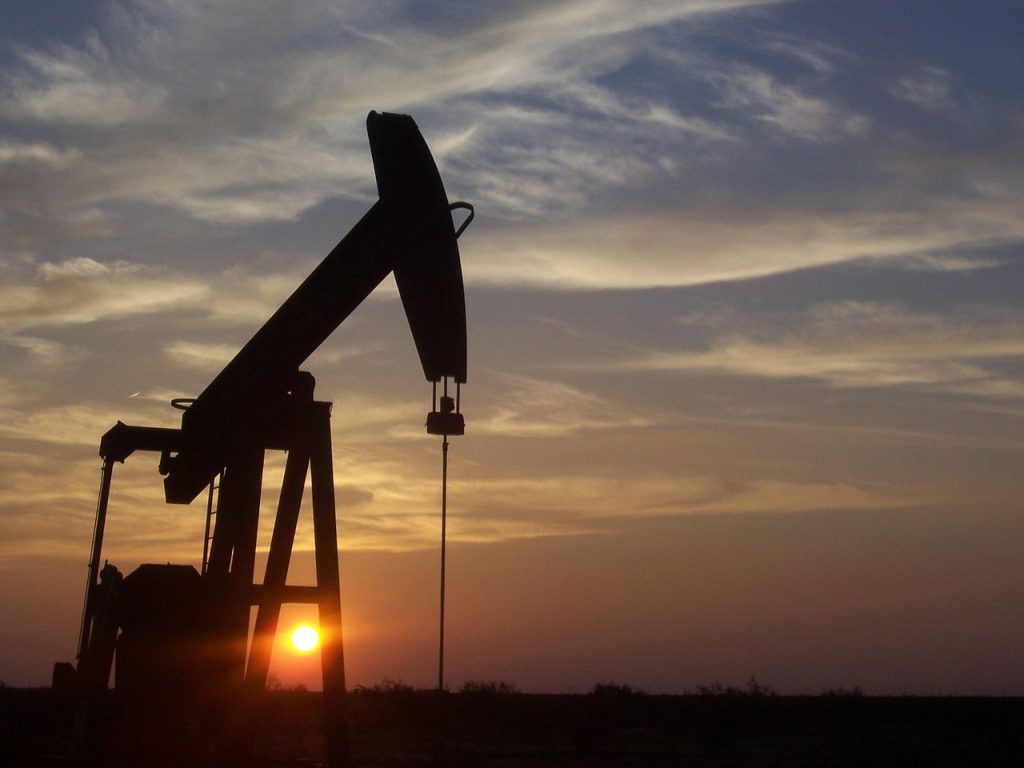
Political and cultural factors play a significant role in reinforcing climate change denial. In states like Texas and Oklahoma, political discourse often emphasizes economic growth and personal freedom over environmental regulation. Leaders in these states frequently downplay the urgency of climate action, framing it as an attack on their way of life. This narrative resonates with residents, reinforcing their skepticism and providing a socially acceptable justification for their denial.
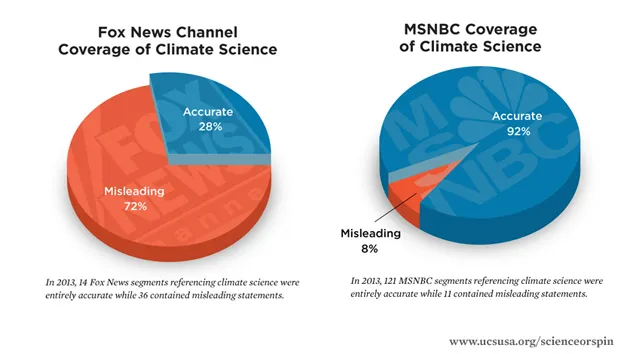
Media consumption also influences public perception of climate change. Many residents in climate-hit states consume news from sources that align with their political and economic views. These outlets often present climate change as a contentious issue rather than a scientific fact, further entrenching skepticism. The repetition of these messages across trusted media platforms reduces the likelihood of residents seeking out or accepting conflicting information.
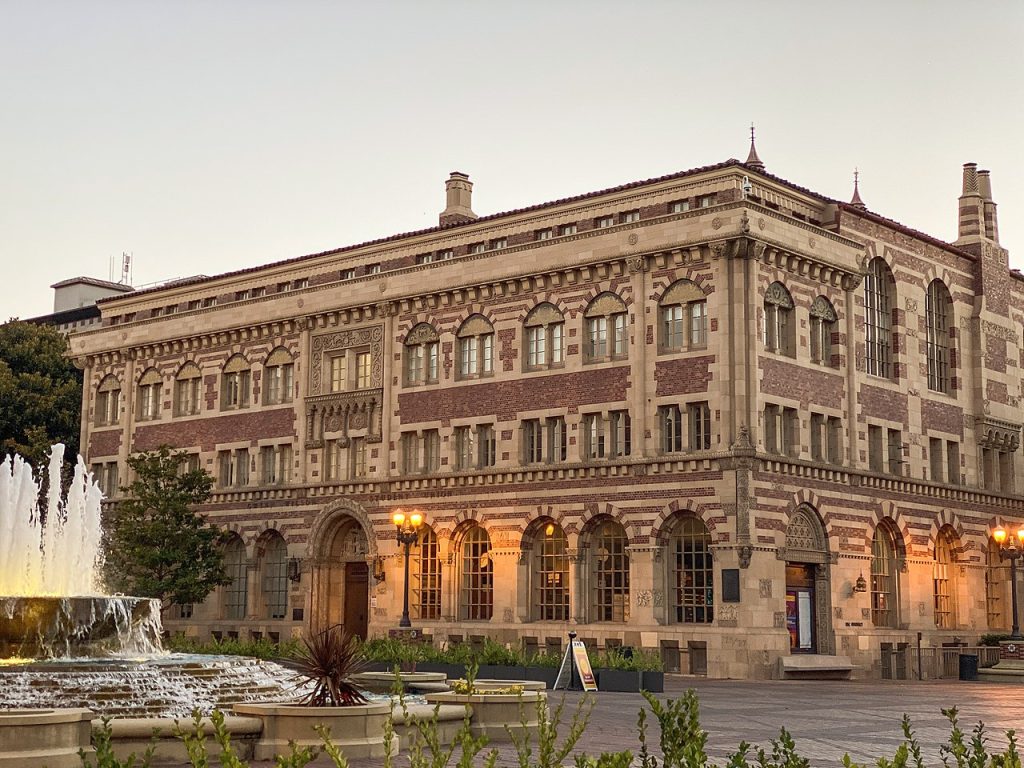
Education and community engagement could be key to addressing cognitive dissonance and shifting public opinion in these regions. Initiatives that provide clear, locally relevant information about the impacts of climate change and highlight solutions that do not threaten economic stability can help bridge the gap between belief and action. By framing climate action as compatible with economic growth and community well-being, it becomes easier for individuals to reconcile their beliefs with the scientific reality.
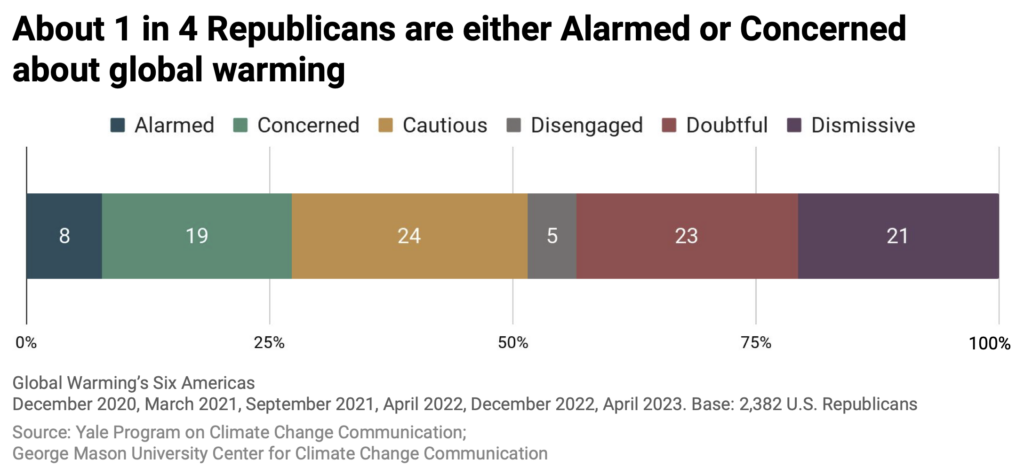
Local leaders and influencers have a crucial role to play in changing the narrative. When respected figures in the community acknowledge the reality of climate change and advocate for sustainable practices, it can reduce the cognitive dissonance faced by residents. Seeing peers and leaders take climate action can create a social environment where acknowledging climate change becomes more acceptable and less threatening to personal and economic identity.
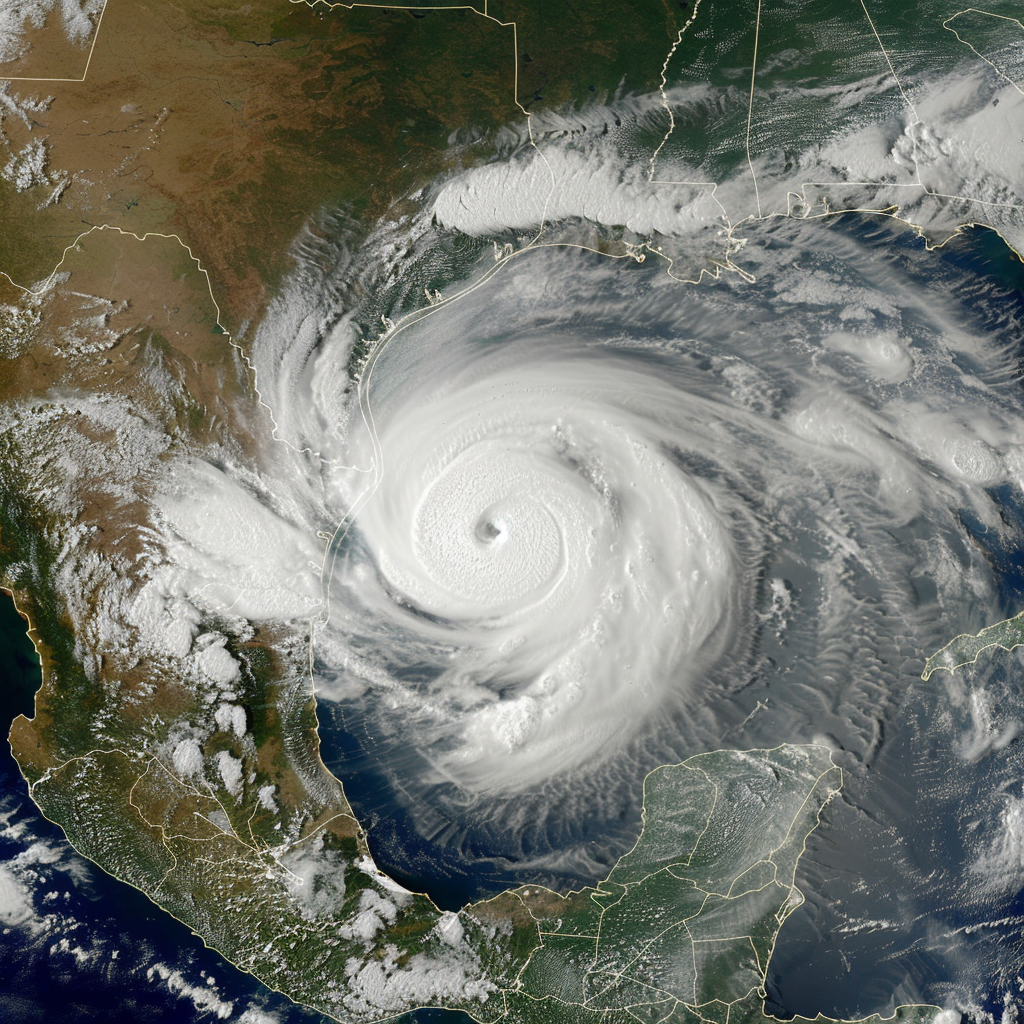
Ultimately, addressing climate change denial in severely affected areas requires a multifaceted approach. It’s not enough to simply present the scientific facts; it’s about understanding the complex web of economic, cultural, and psychological factors that drive denial. By addressing these underlying causes, there is a greater chance of fostering a collective recognition of climate change and motivating meaningful action.
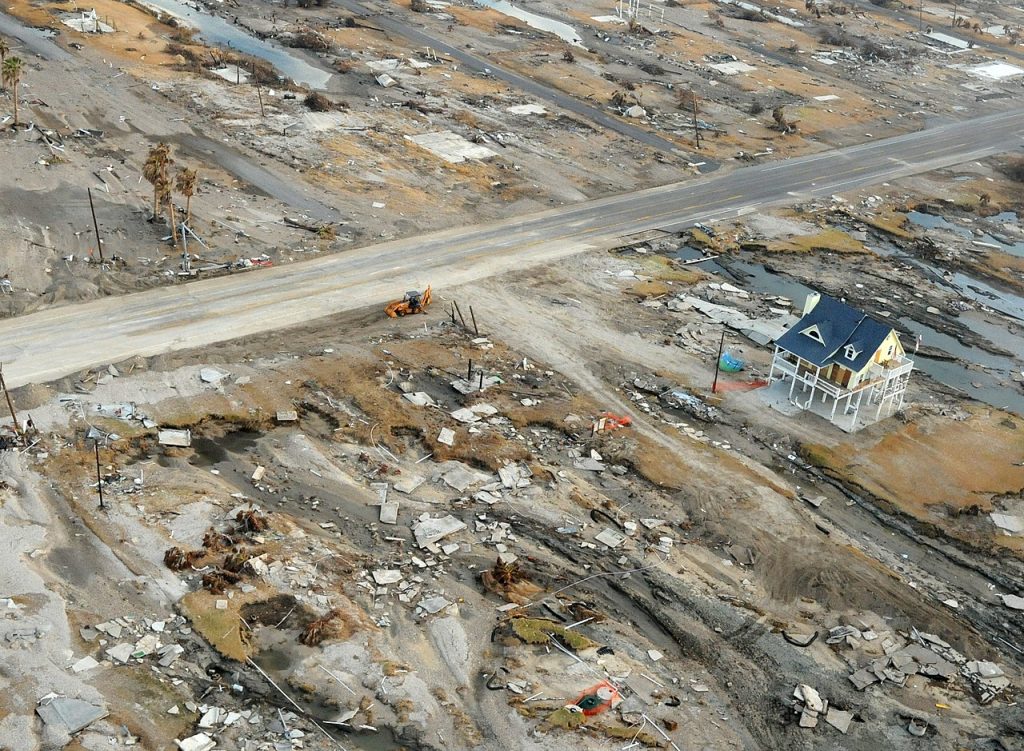
As Texas, Oklahoma, and other states continue to experience the brunt of climate-induced disasters, the urgency for a shift in perception grows. Overcoming cognitive dissonance and embracing the reality of climate change is not just about safeguarding the environment—it’s about ensuring the long-term resilience and prosperity of these communities.
